
Glyphosate is the most commonly used agricultural pesticide in the world. And many people still use it on their lawns and gardens at home. Although you would never purposely add it to your food or drinking water, you’re probably consuming some every day. The use of the chemical has been so widespread, that there are measurable amounts of it in rainwater in some areas of the world. And to make matters worse, it is often used in combination with other toxic chemicals like atrazine. The use of glyphosate has increased since the introduction of genetically modified (GMO) glyphosate-resistant crops. These crops can grow well even in the presence of glyphosate and other chemicals. Here is what you need to know so that you help your body deal with glyphosate/Round-up.
Foods Most Tainted
Glyphosate contaminates hundreds of the most common conventional foods. Even though each food may contain only trace amounts of glyphosate, over time, it can build up in your body and be harmful. The environment working group (EWG) tested 28 conventional snack bars and oat products. 26 of the 28 products tested contained trace amounts of glyphosate. Other products tested include cookies, cereals, crackers and ice cream. The fact that it was found in most children's cereal is particularly troubling.
How It Affects Your Body
Glyphosate was originally patented as a metal chelator. It was used to bind to minerals (like calcium), so that they could be cleared out of pipes. When you consume glyphosate, it's thought to bind to minerals in your body. Over time, you can develop mineral deficiencies and experience bone loss. It also kills off beneficial bacteria (probiotics) in your body which can affect your gut microbiome. Some research has showed that it speeds up antibiotic resistance in for bacteria like salmonella and E. coli. In August of 2018, Monsanto, the original maker of Roundup, was ordered to pay $289 million in damages to an agricultural worker who said the product led to his non-hodgkins lymphoma cancer. The lawsuit payout was eventually lowered to $80 million, but the ruling stayed in place. In June of 2020, the new owner of Roundup, Bayer, was ordered to pay $10 billion to settle cancer law suits. You can read a lot more about it and it's affects on human health here.
Eat Organic
Glyphosate, or Roundup, is prohibited in organic crops. While it's true that contamination is possible due to wind drift and contiminated water, organic foods have minimal risk compared to conventional food. Buying directly from a farm or growing your own food are great ways to make sure your food is chemical free. You may not think you have enough space to have your own garden, but you may have enough room to grow greens, peppers, or tomatoes. You could even grow herbs and spices indoors.
Wash Your Food
It is essential that you wash any non-organic produce very well with pure filtered water. Just rinsing with water is not good enough because agricultural chemicals are created to withstand water. So it's important to remove chemicals, soil and wax using a safe organic wash. You can make your own veggie wash with water, vinegar, and lemon juice or use a commercially prepared organic option.
Supplements
Remember to always stay hydrated and eat plenty of fiber rich foods. This gives your body the best chance of detoxing and moving harmful chemicals and heavy metals out of your system. Anthony William has recipes for many types of detox smoothies on his website, in videos, and in his books. Or you can take supplements that are known to bind to toxins in your body. Citrus pectin, for example, is known to bind heavy metals and is a common ingredient in detox formulas. Humic acid and fulvic acid come from soil and are also great at binding toxins, in particular heavy metals and glyphosate. They provide many other health benefits as well.
Did this help you? If so, I'd greatly appreciate it if you commented and/or share it on social media.

Email: sharonledwards@hotmail.com
Facebook: https://www.facebook.com/sharonledwardsbiz/




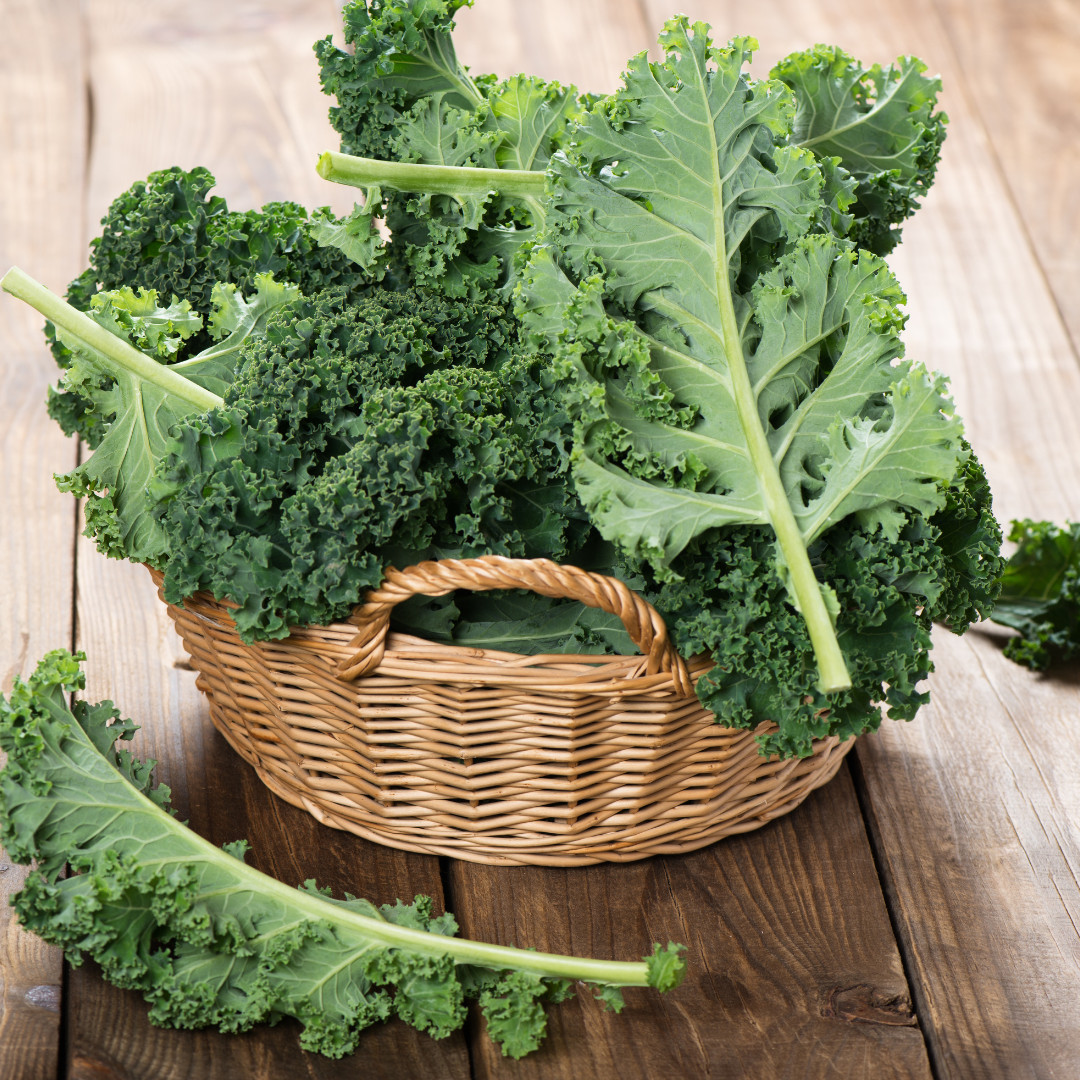

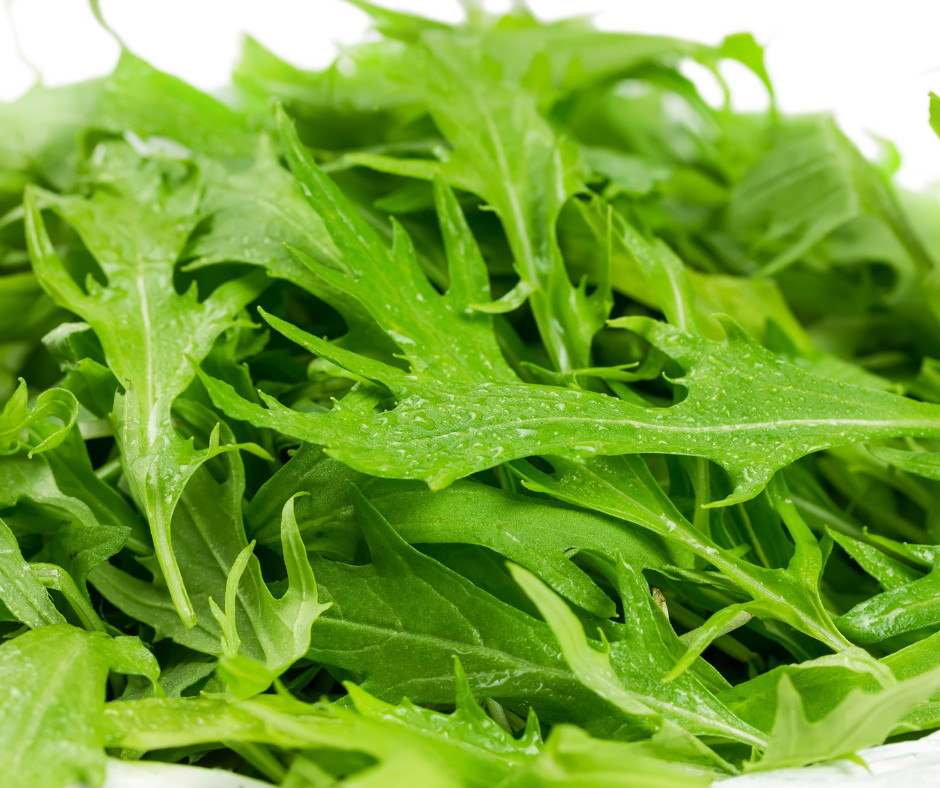
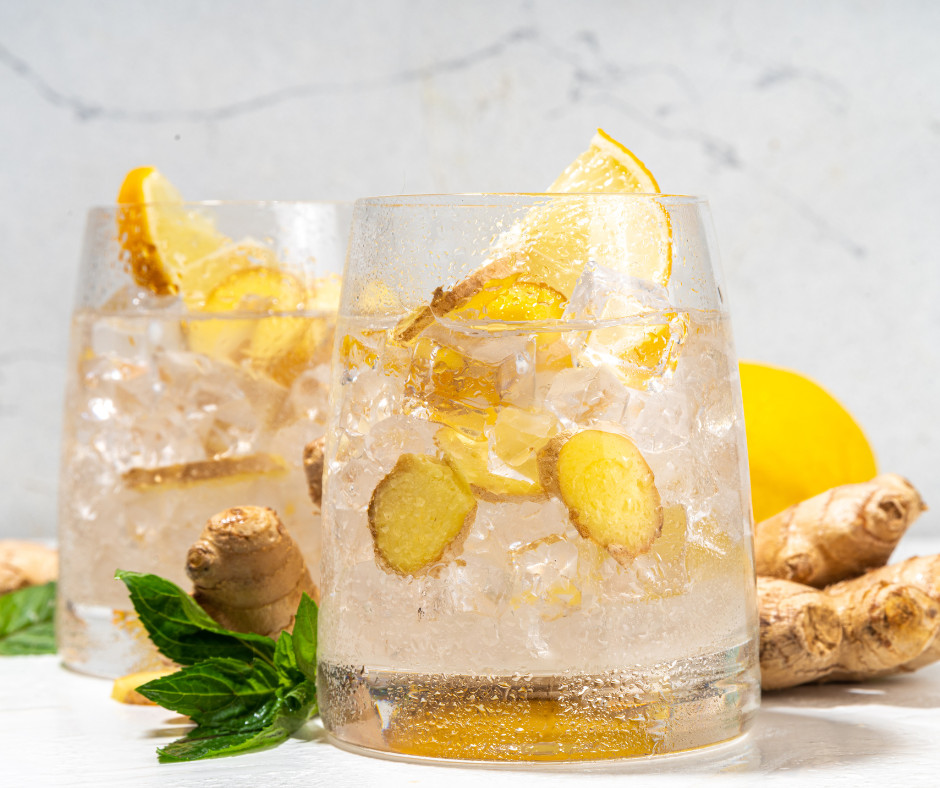
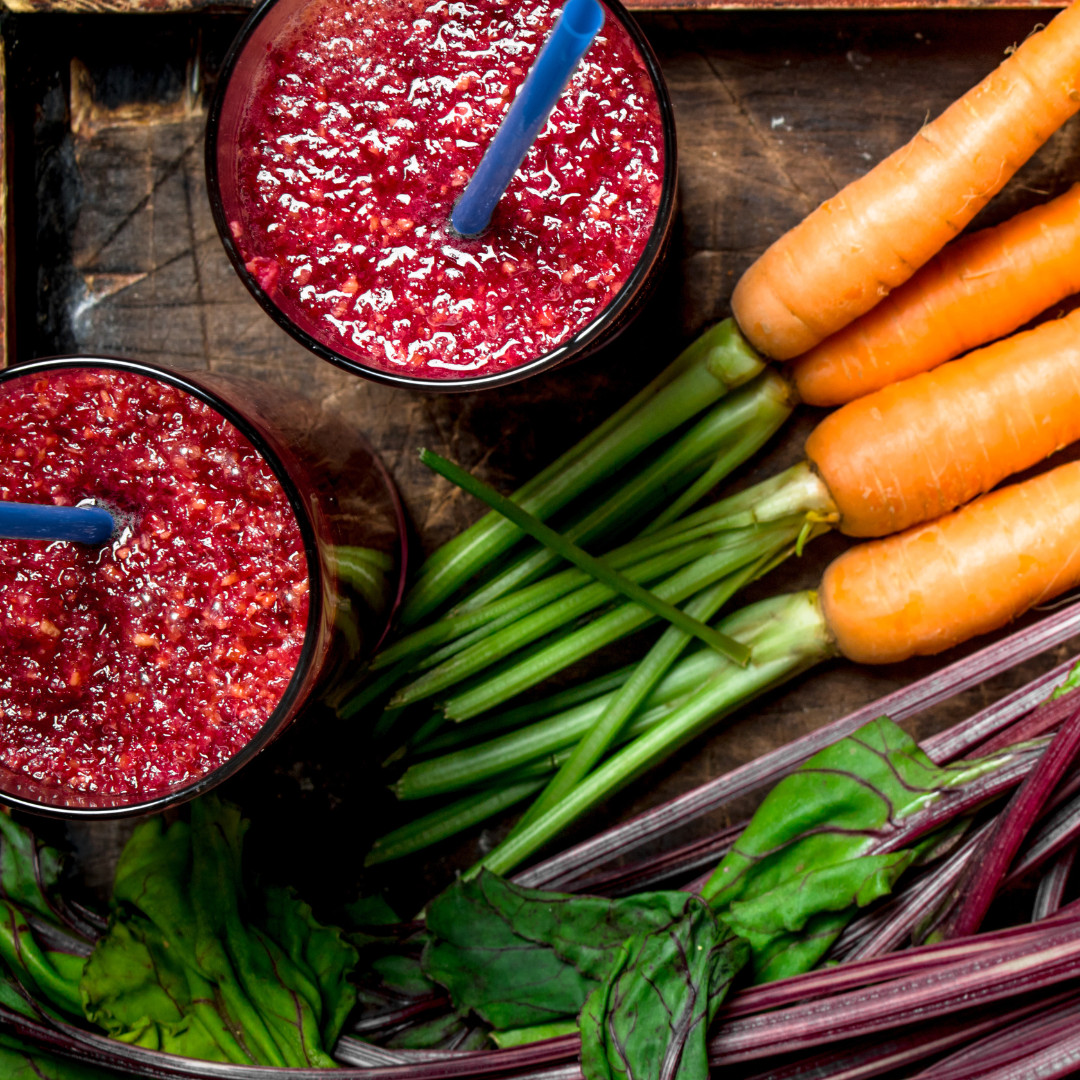
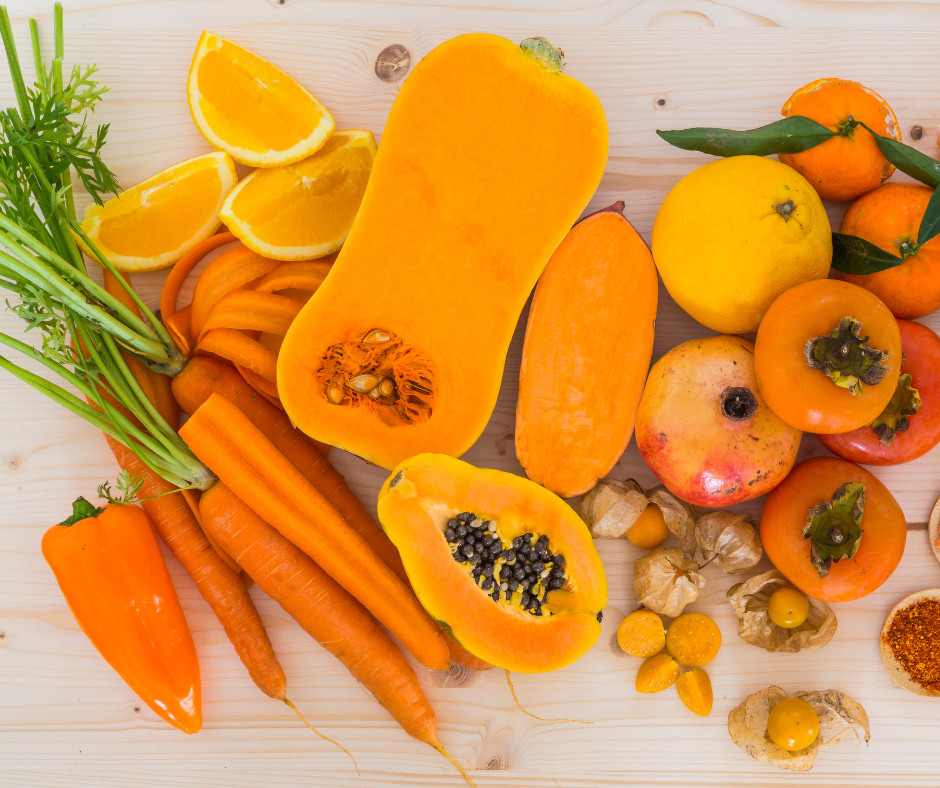
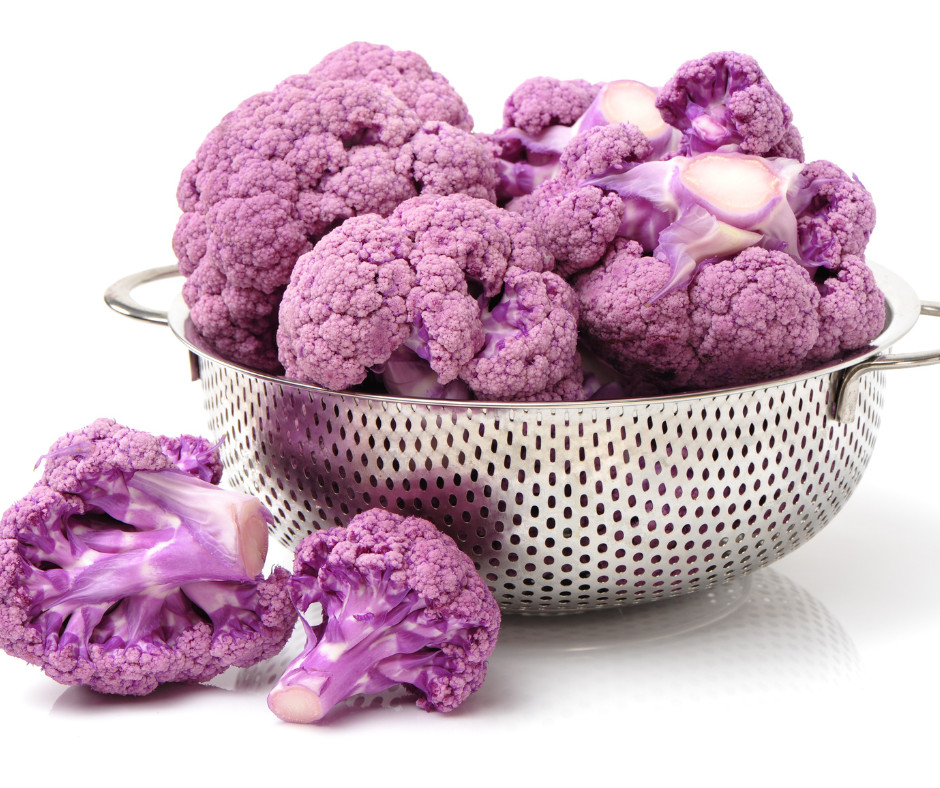
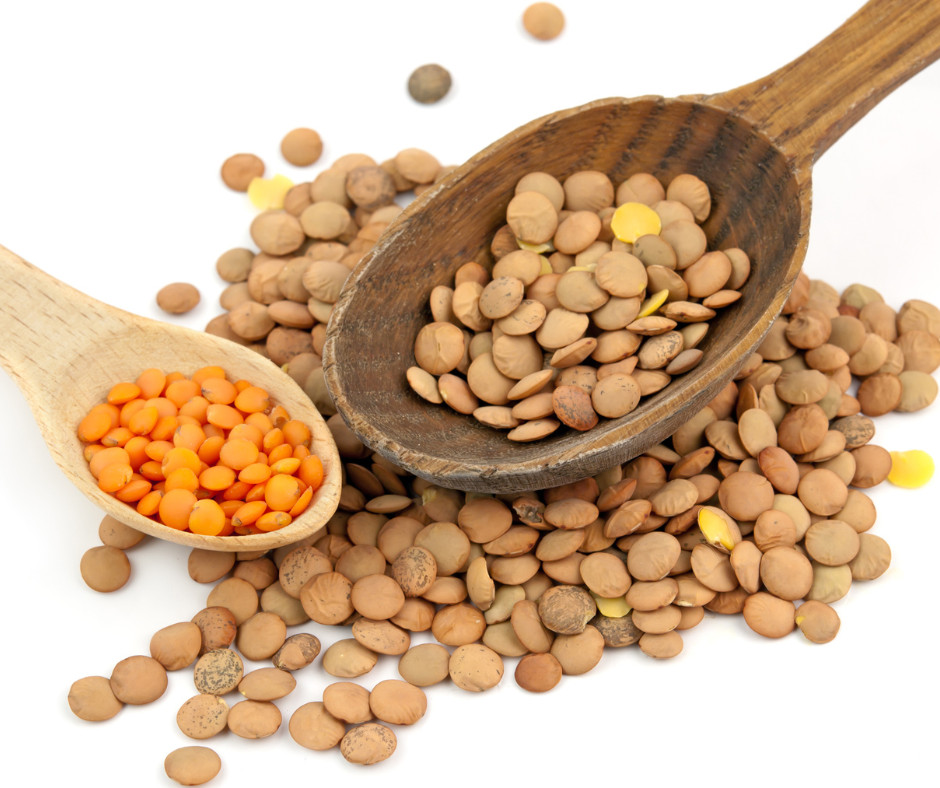
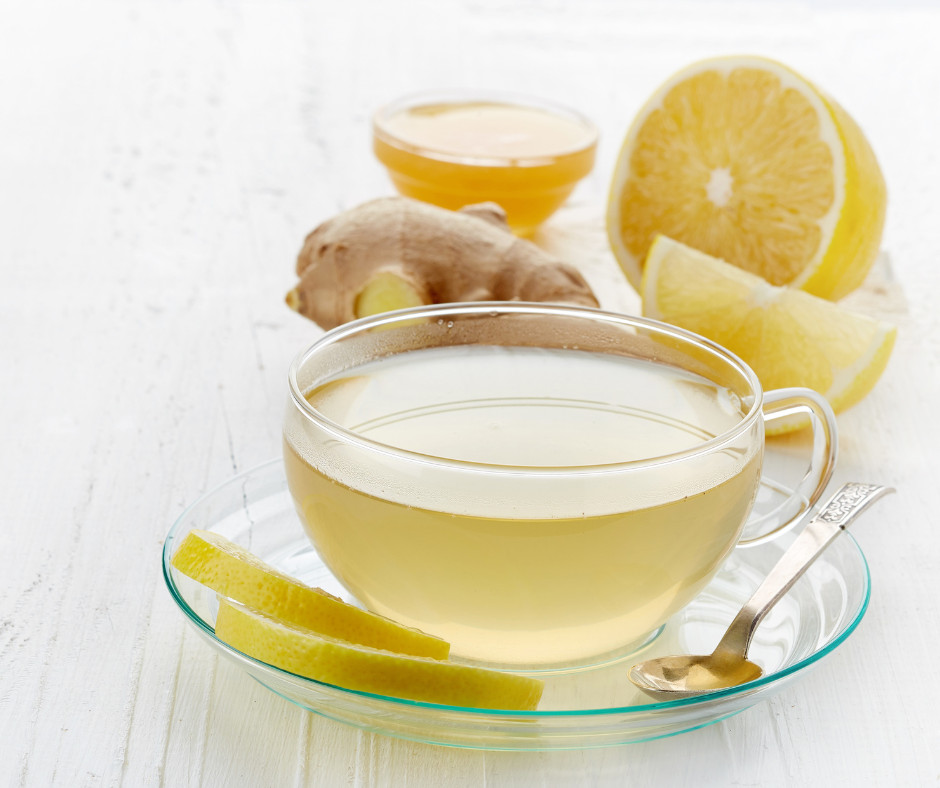





0 Comments